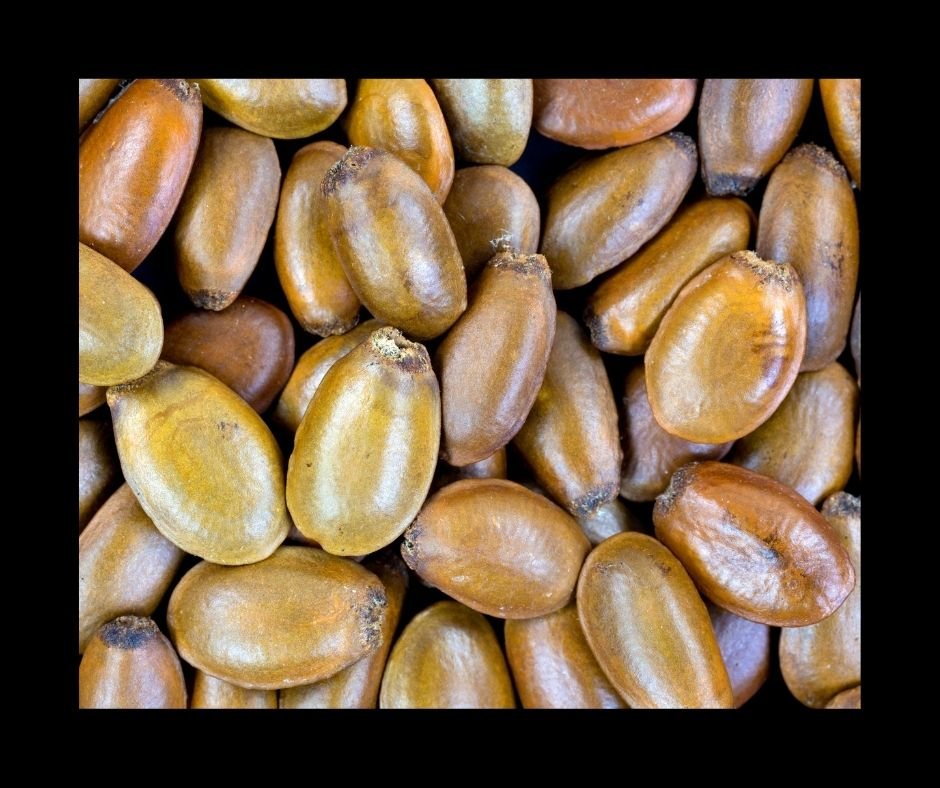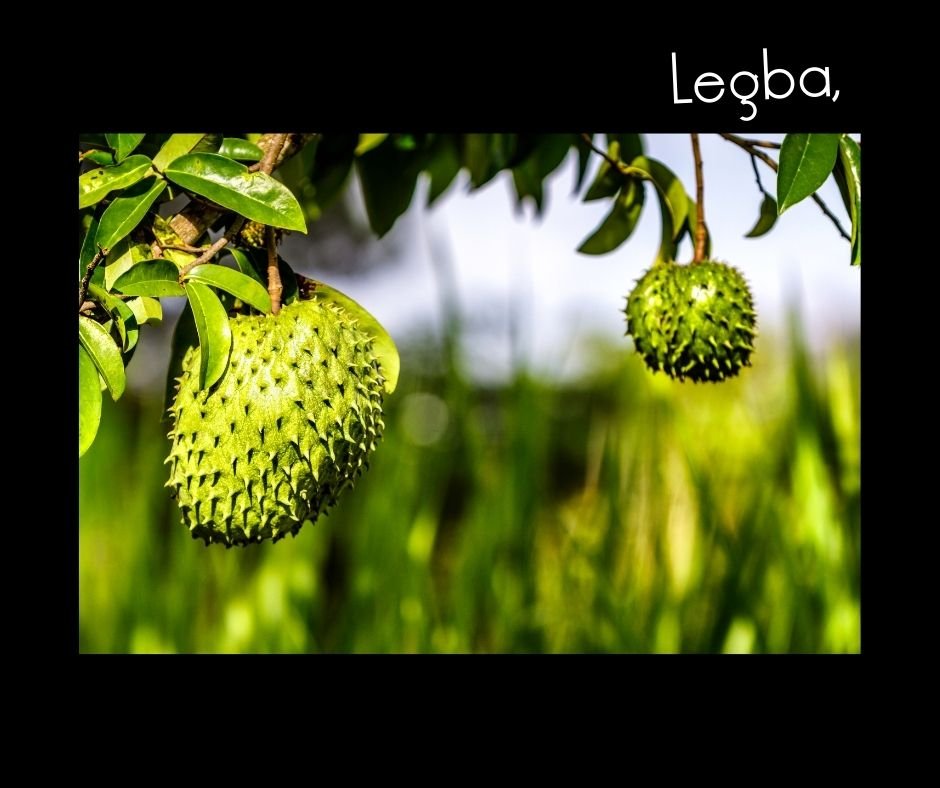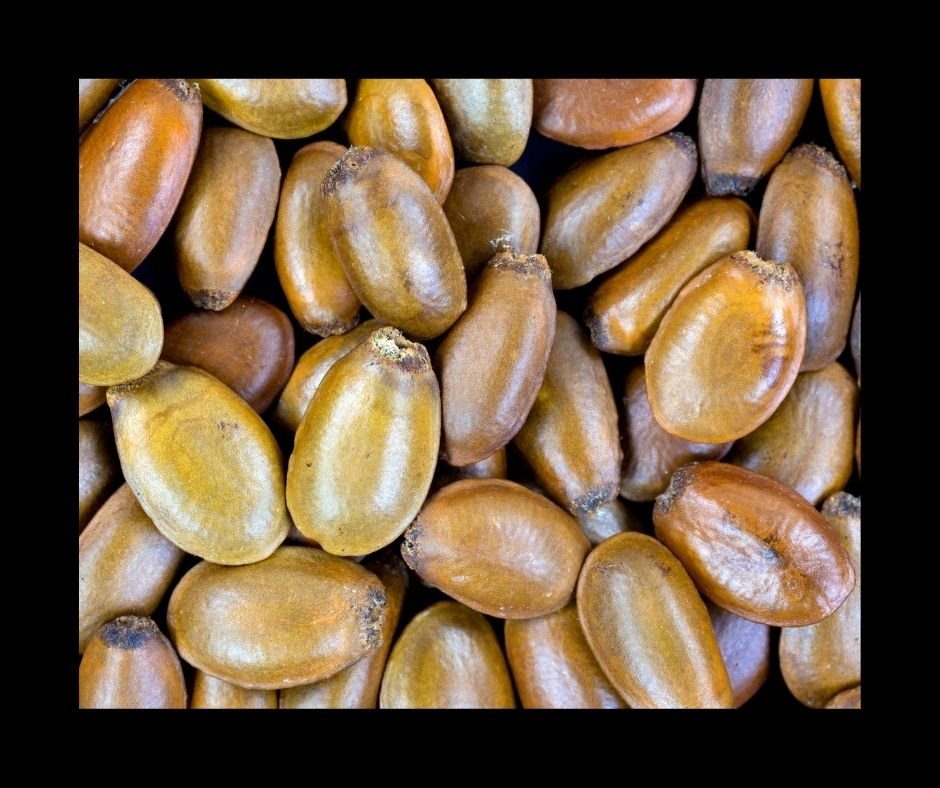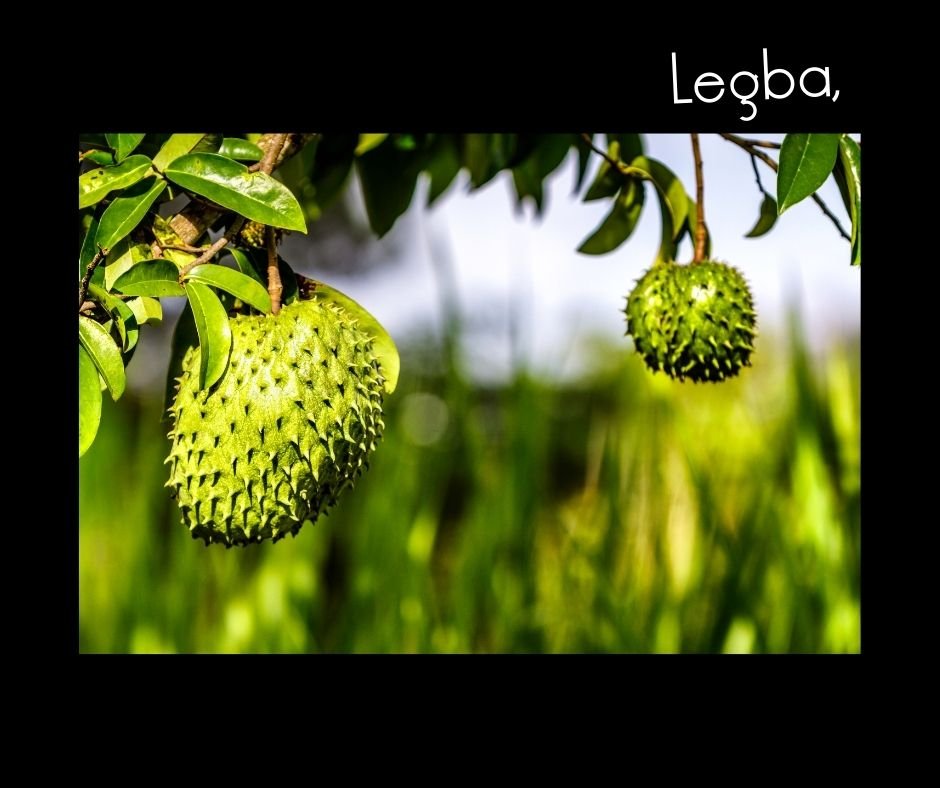Soursop - Annona muricata
Embark on a tropical adventure with soursop, the superfruit
which will transform your garden and your well-being. Cultivate soursop,
it's inviting home a treasure of nature, known for its taste
exquisite which evokes a tasty blend of strawberry, pineapple and lemon
Green. Imagine the satisfaction of picking this succulent fruit,
directly from your garden, bringing a touch of exoticism to your
table.
LEGBA
Soursop- Seeds
Soursop- Seeds
Couldn't load pickup availability
The soursop, Annona muricata, is a jewel of the tropics, renowned for its unique taste and multiple benefits. On our site dedicated to ethnobotanical plants, we highlight this exceptional fruit, combining tradition and well-being.
Originally from Latin America, soursop is a source of vitality. Its richness in vitamins C, B1, and B2, as well as minerals such as potassium and iron, makes it an ally for health, strengthening immunity and promoting good digestion. Its fibrous and juicy flesh, with a taste reminiscent of a mixture of strawberry, pineapple and lime, is ideal for refreshing and nutritious recipes.
Beyond its taste qualities, soursop is appreciated in traditional medicine for its anti-inflammatory and antiviral properties. It is used to relieve stress, improve sleep and even in some natural treatments against inflammation.
We are committed to an eco-responsible approach, choosing producers who practice sustainable agriculture. By choosing soursop on our site, you contribute to preserving the environment and supporting local communities.
Discover soursop, a fruit that will enrich your diet and your garden, on our site. Explore its benefits, its culinary uses and how to integrate it into a healthy and sustainable lifestyle by browsing our sections below.
Shipping info (size, period...)
Shipping info (size, period...)
The seeds are available from May to January, packaged in waterproof doypack bags.
Detailed Description and Benefits
Detailed Description and Benefits
Botany :
Soursop (Annona muricata), also called graviola, is a fascinating plant for botany enthusiasts and gardeners. Native to northern South America, this shrub or small tree of the Annonaceae family is distinguished by its stature of 3 to 10 meters and its oblong-lanceolate leaves (elongated with a pointed end), of a shiny green, measuring 10 to 17 cm long and 2 to 7 cm wide. The soursop is particularly recognized for its unique fruit, pseudosyncarpic (complex fruit formed from the union of several ovaries of a single flower), ovoid (egg-shaped) or reniform (kidney-shaped), which can measure 15 to 30 cm long and weigh between 0.7 and 3 kg. Its tender green skin, decorated with flexible thorns, envelops an edible creamy white flesh with a sweet and tangy taste, reminiscent of lychee and mango.
- Benefits:
This fruit is full of health benefits, making its cultivation and consumption particularly attractive for enthusiasts and connoisseurs.
Rich in vitamin C, this low-calorie fruit is known for its antioxidant properties, thus helping to boost immunity, accelerate healing and improve iron absorption. Its high fiber content promotes good intestinal transit and helps prevent certain pathologies such as colorectal cancer, while helping to control weight thanks to its satiating effect.
Studies have shown that soursop contains acetogenins, compounds that may have a cytotoxic effect on cancer cells, suggesting potential in the prevention and treatment of various types of cancer, including breast, colon, lung and of the prostate. Nonetheless, it is important to emphasize that this research was conducted in the laboratory, and additional human studies are needed to confirm these effects.
In addition to its nutritional and therapeutic benefits, soursop is also valued for its ability to keep the body hydrated, thanks to its high water content, making it an excellent choice in hot weather or during physical activities.
However, soursop should be consumed in moderation due to the presence of alkaloids that can cause neurotoxicity, with an established link between excessive consumption and the risk of developing Parkinson's disease in certain populations.
How to cultivate it? Growing guide
How to cultivate it? Growing guide
The soursop tree (Annona muricata), known for its exotic fruit soursop, is a tropical fruit tree appreciated for its taste and medicinal qualities. Its cultivation is accessible even for amateur gardeners, although it requires certain specific conditions to thrive.
Soursop Growing Guide
Difficulty level: Growing soursop is considered easy in a suitable climate, i.e. tropical or subtropical. It is important to note that this tree is not hardy and does not tolerate temperatures below 5°C.
for seedlings: For soursop, the ideal temperature for seedlings is around 25-30°C. It thrives in a warm tropical climate and is sensitive to frost.
Preparation of the land: The soursop tree prefers deep, rich, fresh and well-drained soil, with a pH value of 6.1 to 6.5 ideally.
Planting: Planting can be done all year round in regions with a suitable climate. It is advisable to dig holes at least 50 cm wide and deep to accommodate the roots. Immediate watering after planting is necessary to establish plants.
Maintenance: The soursop tree requires little maintenance once established. Care must be taken to regularly remove dead wood and protect the tree from cold temperatures if you are in a marginal zone of its climatic tolerance.
Harvest: Soursop trees can produce fruit throughout the year under ideal conditions, with peak production in summer and early fall. The harvest is done when the fruit is ripe, identifiable by a softening of the rind. It is best to consume the fruits quickly after harvest, as they only last for a few days in the refrigerator.
Time to fruiting: Soursop trees can take several years before they begin to fruit. Patience is therefore required, but once production begins you can expect to harvest regularly, especially if growing conditions are optimal.
Pests/diseases:
Common problems include spider mite attacks and diseases such as root rot. Preventative measures include good drainage and avoiding excessive moisture.
For successful cultivation, it is essential to take into account the specific needs of the soursop tree and adapt gardening practices to its natural environment. Enthusiasts and connoisseurs will find growing the soursop tree an enriching experience, both for the beauty of the tree and for the unique flavor of its fruits.
Did you know? (Discover exciting stories!)
Did you know? (Discover exciting stories!)
Corossol Island in Quebec has an unexpected connection with the tropical fruit:
it owes its name to a French ship, the Corossol, which made
shipwreck in 1683. This curious name survives in a place where the
soursop tree does not grow, testifying to maritime history and
French cultural influence in the region.
2. This tropical fruit, introduced to Europe by Christopher Columbus, became
widespread in warm regions, becoming a must in the markets
local. Its flesh, both sweet and tangy, recalls flavors
exotic and is appreciated for its unique texture.
3. The Latin name of soursop, "Annona muricata", finds its origin in the
genus "Annona", which includes various tropical fruits, and "muricata",
referring to the bristly or thorny surface of the fruit, evoking
its unique appearance.
4. Soursop often symbolizes health and healing in many
cultures, due to its many attributed medicinal properties.
Its unique appearance and exotic flavor also make it a symbol
of exoticism and discovery, reminiscent of travel and
exchanges between new and old worlds.
FAQs
FAQs
Q1: What does soursop taste like?
A: Soursop has a unique flavor, a blend of sweetness and acidity, reminiscent of strawberries, pineapple and lime.
Q2: Can soursop help fight cancer?
A: Although preliminary studies suggest anti-cancer properties, no conclusive scientific evidence exists to date to support this claim.
Q3: Where does soursop grow?
A: The soursop tree thrives in tropical and subtropical climates, including South America, Africa and Southeast Asia.
Q4: Is soursop good for your health?
A: Rich in vitamins C and B, fiber and antioxidants, soursop is considered beneficial for health, particularly for the immune system.
Q5: How is soursop consumed?
A: Soursop can be eaten fresh, in juice, in smoothies, or used in desserts like sorbets.
Questions about Soursop Seedlings
Q1: How to germinate soursop seeds?
A: Soursop seeds should be planted in well-drained soil and kept at a warm temperature (around 25-30°C) to encourage germination.
Q2: When is the best time to sow soursop?
A: The best time to sow soursop depends on the local climate, but generally late spring or early summer is ideal.
Q3: How long does it take for a soursop tree to produce fruit?
A: A soursop tree can take 3 to 5 years after planting to begin producing fruit.
Q4: Do soursop trees require special maintenance?
A: Soursop trees require regular watering without excess, protection against the cold and periodic fertilization for optimal growth.
Further information
Further information
At LEgba, we select our soursop seeds with the most
great care, favoring ethical purchases from producers
committed to sustainable practices.
We also offer you plants of
high quality soursop to grow this exotic fruit at home,
as well as dried soursop leaves, renowned for their virtues
soothing. Take note, however, to consume soursop with
moderation due to its powerful components.
Share




